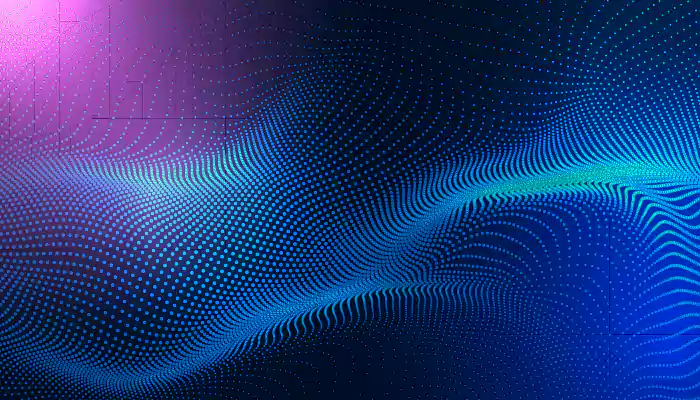Programming In The Age Of Quantum Computing - Challenges & Opportunities

As technology advances at an unprecedented rate, we find ourselves faced with both exhilarating challenges and promising opportunities in the realm of programming. Quantum computing promises to revolutionize our approach to problem-solving, but it also brings along its fair share of hurdles that need to be overcome.
In this article, we will delve into some of these challenges while also uncovering the exciting possibilities that lie ahead.
Quantum error correction:
Quantum error correction is a crucial aspect of programming in the age of quantum computing. Due to the delicate nature of quantum systems, errors and decoherence can easily occur during computation. Unlike classical computers that rely on redundancy and error checking codes, quantum computers require sophisticated methods to protect against errors.One approach to quantum error correction involves using qubits specifically designed for fault tolerance. These qubits are carefully engineered with additional physical components that allow for error detection and correction. By implementing redundant encoding schemes, information stored in these qubits can be protected against decoherence. Another technique used in quantum error correction is known as entanglement-based coding. This method takes advantage of the unique properties of entangled states to distribute information across multiple qubits, making it more robust against errors. When errors occur, the entanglement allows for recovery without losing crucial data.
Limited hardware access:
Limited hardware access is one of the major challenges that programmers face in the age of quantum computing. Unlike traditional computers, which are widely available and accessible to anyone with a computer and an internet connection, quantum computers are still in their early stages of development. The limited availability of quantum hardware means that only a select few researchers and experts have access to these powerful machines. This poses several challenges for programmers who want to experiment with or develop applications for quantum computing. Without direct access to the hardware, it can be difficult to test and optimize code, as well as troubleshoot any issues that may arise. Despite these challenges, there are opportunities emerging for remote use of quantum computers through cloud-based services offered by companies like IBM Quantum Experience or Microsoft Azure Quantum. These platforms allow users without direct physical access to run programs on actual quantum devices or high-fidelity simulators remotely over the internet.

Solving complex problems:
Solving complex problems is one of the most exciting and challenging aspects of programming in the age of quantum computing. With the power of qubits, quantum algorithms have the potential to revolutionize fields such as optimization, simulation, cryptography, and machine learning. One major advantage of quantum computing is its ability to perform parallel computations on a massive scale. This means that complex problems that would take classical computers years or even centuries to solve can be tackled much more efficiently with quantum algorithms.Quantum computers are still in their early stages, and only a few organizations have access to them. As a result, researchers and developers have limited resources when it comes to testing their algorithms on actual hardware.
Quantum Algorithms:
Quantum Algorithms are at the forefront of revolutionizing problem-solving in the age of quantum computing. By harnessing the power of quantum mechanics, these algorithms have the potential to solve complex problems that were once considered impossible for classical computers. One such algorithm is Shor's algorithm, which aims to factor large numbers exponentially faster than any classical algorithm can. This has significant implications for encryption systems and cybersecurity as we know it.There are significant challenges involved in solving these complex problems using quantum computers. Quantum error correction is crucial because qubits are highly susceptible to noise and decoherence. Finding efficient ways to protect against errors and maintain the integrity of calculations is essential for achieving reliable results.












